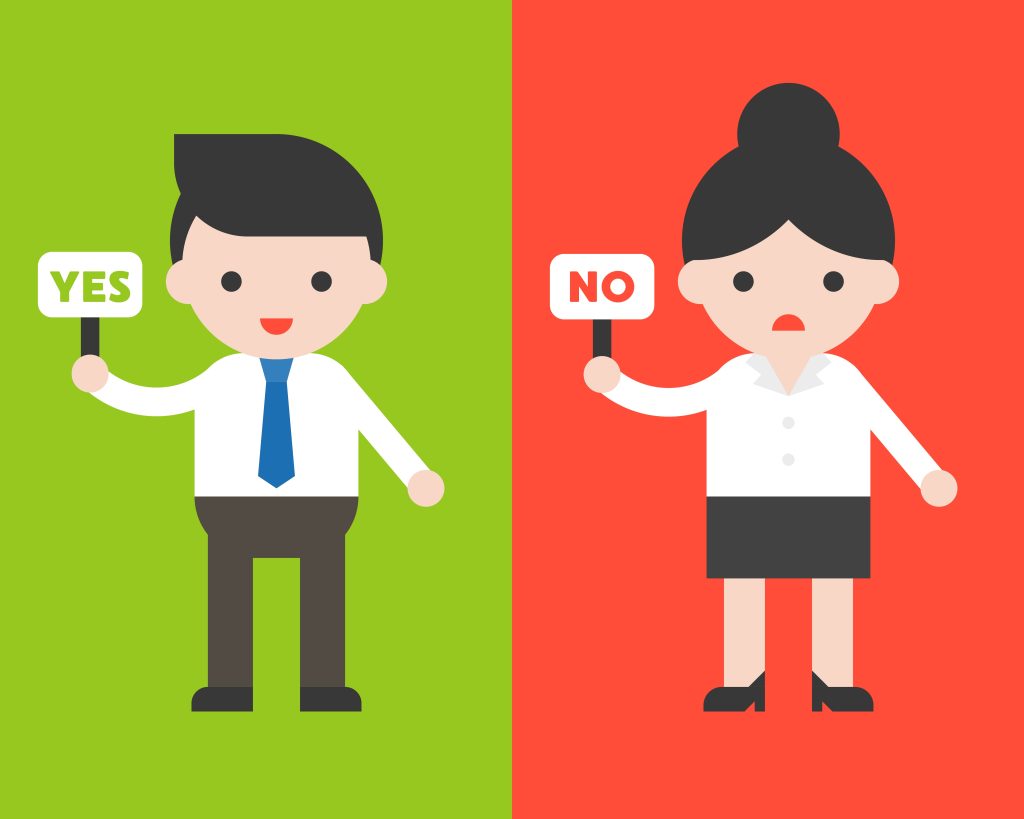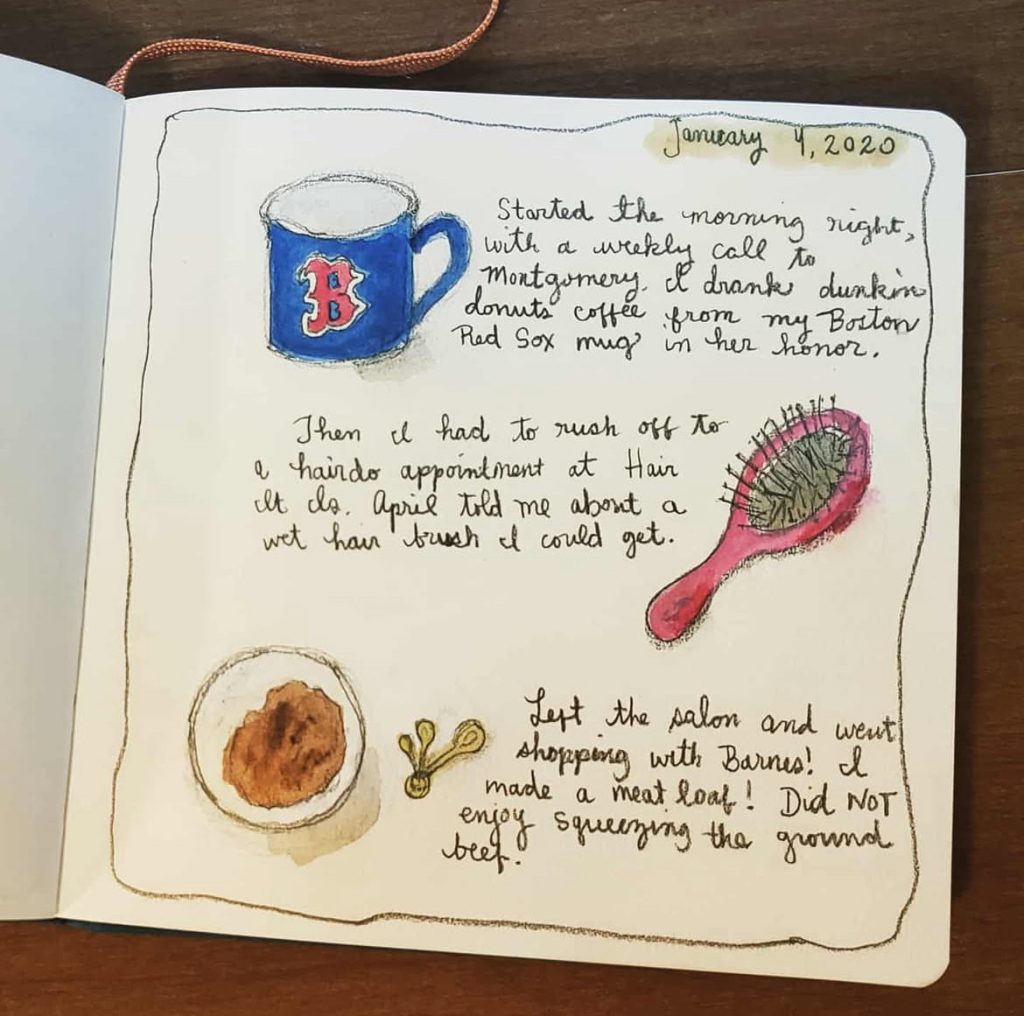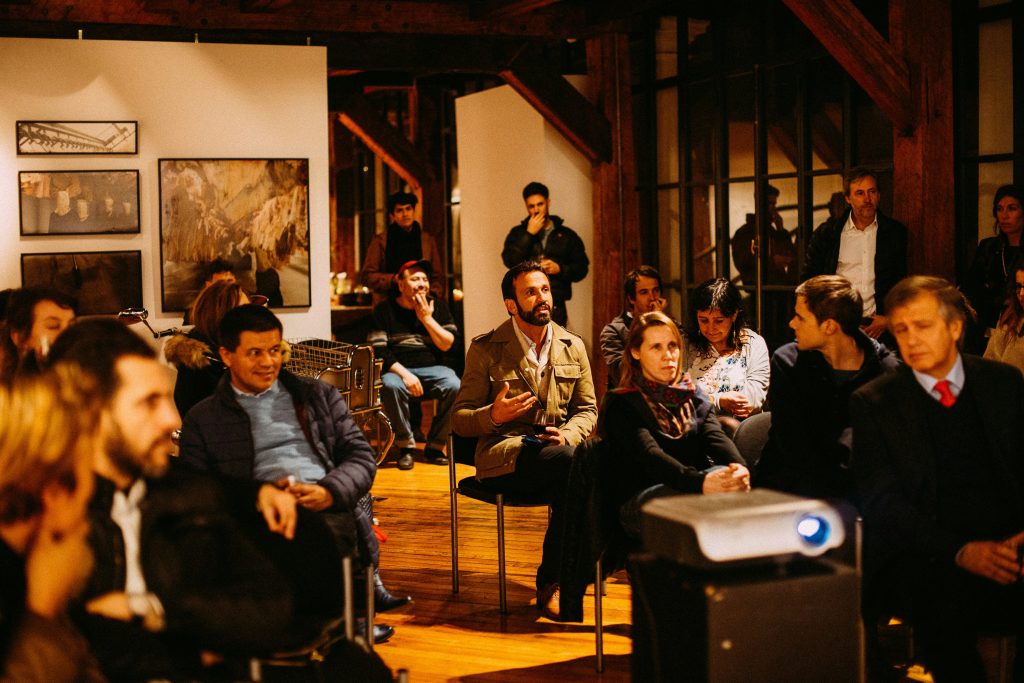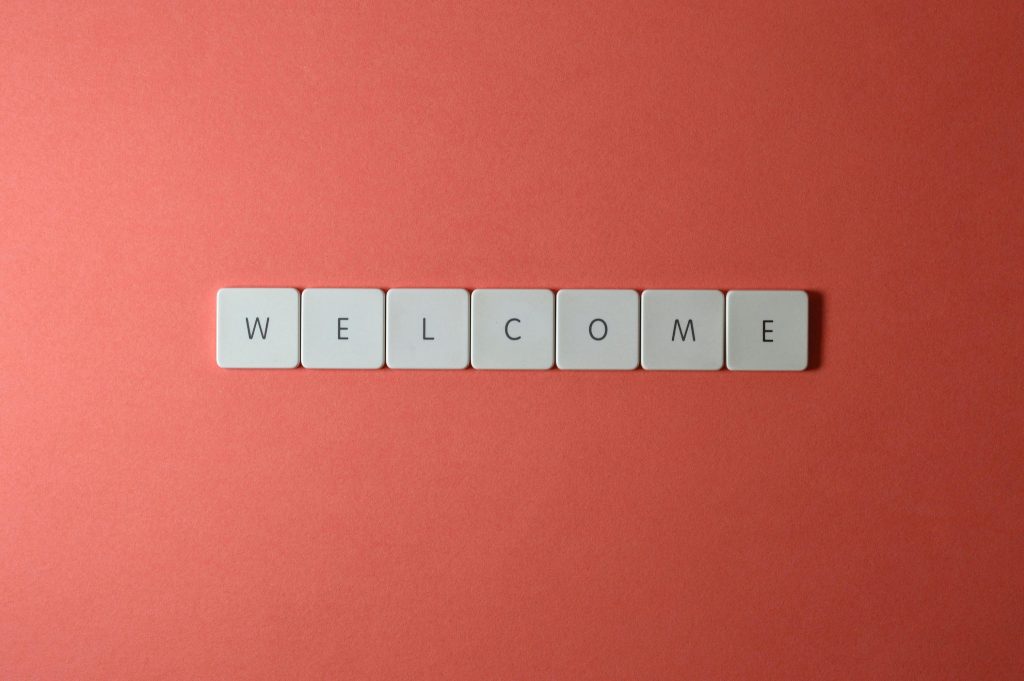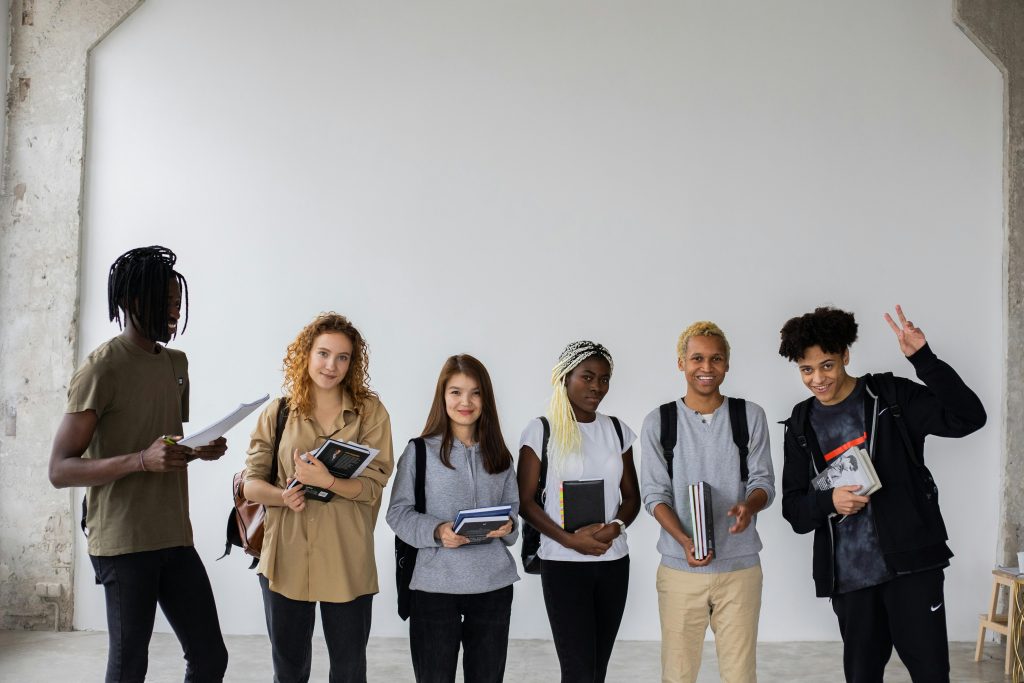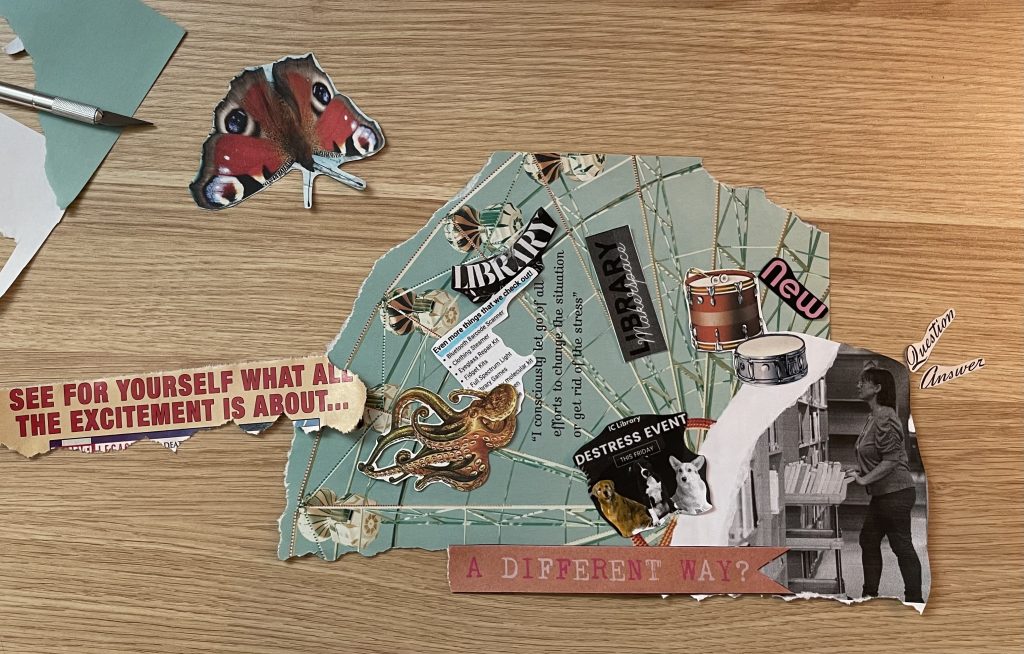
I put this together while thinking about how I wanted to approach this post. You never know what’s going on inside a library…
Michael begins the “Open to Change” section of Wholehearted Librarianship (Stephens, 2019) with lyrics from Rush’s Tom Sawyer: “… changes aren’t permanent, but change is” (p. 80). I liked this for two reasons: first, I love Rush (they were one of my first concerts!), and second, it really speaks to my lifelong grappling with change-aversion. The idea of change as a constant has come up a great deal in the first few weeks of this class, and it has really got me thinking about my own experiences with change as a library employee.
In 2000, I began working at a large public library as the assistant to the head of the film collection. When he very suddenly resigned less than a year later, I was offered the chance to step in. Along with this change came expanded responsibilities and stresses, and the next decade brought even more adjustments: a building renovation, a new director, a shift from behind-the-scenes work to desk duty (from desk service to roving service, then back to desk), videotape migration to DVD and then to Blu-Ray, and on and on and on. I was not thriving. I ran 300 miles away, to a quiet acquisitions position at a college library, from which I intended to someday happily retire.
Then 2020 arrived.
Staff reductions took my friends and handed me an enormous workload. I thought about running away again, but instead, I decided to risk a different kind of change and enroll in graduate school.
So, you can understand how, when Michael lists “embracer” (Stephens, 2006) among the skills that librarians need to have in this era, I take that to heart. To thrive, I need to not only accept that “inevitably, there will always be some amount of chaos” (Stephens, 2016, p. 2), but to understand that change is necessary – desirable, even.
However, the importance of change not just being implemented for the sake of change has also been mentioned in our readings, and I found this useful and comforting. Casey & Stavastinuk (2007) delved into this in their chapter on bringing changes to library staff and users. They stressed the importance of letting people know that changes are not being made “willy-nilly” (p. 108), but are being implemented to address the needs of the community and the library itself. They also point out the need to regularly assess any changes, to make sure they’re working the best for everyone involved, including staff (p. 108-109).
In doing further research on change in libraries, I came across an editorial written by university librarian Brad Warren (2020), entitled “Developing a Practical Approach to Change“. Something I found remarkable is that it was published in January of 2020, which, as we know, was just before a time of huge upheaval. A lot of his argument surrounds the idea that academic libraries need to be able to adapt to “catastrophic” change, like those brought about by climate change, and even through the existential issues surrounding higher education itself. He posits that a combination of forecasting, planning, and looking for opportunities in otherwise terrible situations is the best way to approach this. Another interesting aspect of his argument is that while iterative change is good, it’s also important to know when something more drastic is necessary:
It is important to work in a cycle of continuous improvement, but how does one recognize when the system itself should be ‘blown up’, ‘destroyed’, lays outside of our changing value systems, or heightens external threats? How does one recognize when a transformation is not only needed, but vital to survival? (para. 6)
I feel like I’m encountering this type of change in my current position. In the past couple of years, my library has hired both a new director and access services manager, both of whom have been making big changes to the status quo. Though I understand why these things are being done – and am even excited about some of them – they have still been somewhat unsettling. But, I’ve found that immersing myself in the ideas I’m encountering in this class is helping to boost my resiliency, and to get me to start questioning why I’ve been doing a thing a certain way. For example, just this past Wednesday I was helping to get a demand-driven acquisitions project off the ground, and I suddenly realized that a part of our workflow that was something we’d always done – out of unnecessary caution – was actually hampering access. We won’t be doing it that way anymore.
References
Casey, M. E., & Savastinuk, L. C. (2007). Library 2.0: A guide to participatory library service. Information Today, Inc.
Stephens, M. (2016). The Heart of librarianship: Attentive, positive, and purposeful change. American Library Association.
Stephens, M. (2006). Into a new world of librarianship. Next Space, The OCLC Newsletter
Stephens, M. (2019). Wholehearted librarianship: Finding hope, inspiration, and balance. American Library Association.
Warren, B. (2020). Developing a practical approach to change. College & Research Libraries, 81(1). https://doi.org/10.5860/crl.81.1.2

